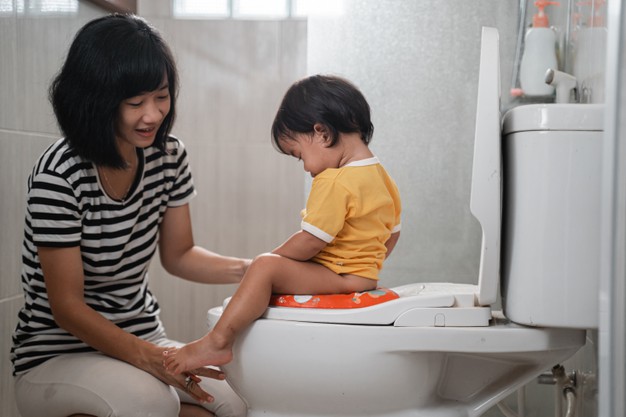Why is My Child Urinating So Frequently?
Frequent urination is not uncommon in children aged 5 and above. Constantly visiting the loo or bedwetting can be disruptive not only for the parents but also for the child. He might want to go out and play with his friends but the continuous urge to empty his bladder can stop him from venturing out or interacting with others. If your child is going through the same thing and you can’t put a finger on what exactly is bringing about such behavior, then stop right here. We’ll supply you with all the necessary information.
Reasons behind your child urinating frequently:
- There can be some very obvious reasons such as drinking a lot of water or fluids during the day even when they are not excessively thirsty. But there can be other reasons owing to certain dysfunctionalities in their activity.
- One such dysfunction is to not completely empty the bladder while they are using the bathroom because they are in a hurry to get out and play. This can force them to visit the loo a lot more times than usual.
- Inflammation in the pubic region due to improper wiping can also lead to them urinating frequently.
- When your child is suffering from constipation, loops of stool in their intestine can push against their bladder forcing them to urinate time and again.
- Frequent urination can be a symptom of juvenile diabetes and if the parents feel that this can be the reason, then a simple urinalysis can detect if there are increased amounts of sugar present in the child’s urine. If you are suspecting that, please visit your child specialist / pediatrician.
Other than the reasons enlisted here, there are other reasons too such as urinary tract infection and a rare medical condition known as Diabetes Insipidus. If you observe your child having any symptoms relating to these issues then visit a pediatrician immediately.
——
Note: The information contained in these topics is not intended nor implied to be a substitute for professional medical advice, it is provided for educational purposes only. You assume full responsibility for how you choose to use this information. Always seek the advice of your physician or another qualified healthcare provider before starting any new treatment or discontinuing an existing treatment. Talk with your healthcare provider about any questions you may have regarding a medical condition. Nothing contained in these topics is intended to be used for medical diagnosis or treatment.

Comments
Post a Comment